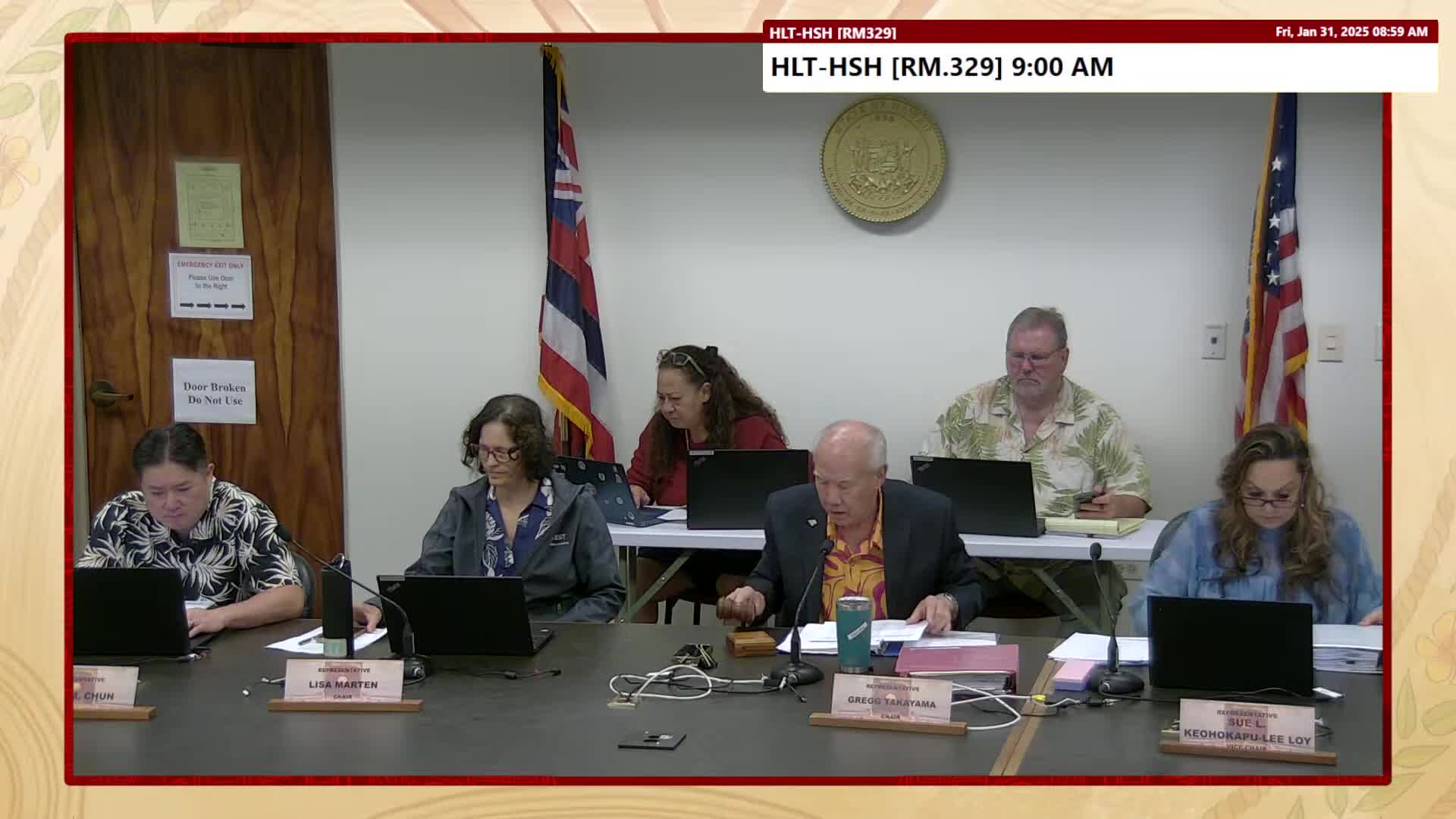Article not found
This article is no longer available. But don't worry—we've gathered other articles that discuss the same topic.
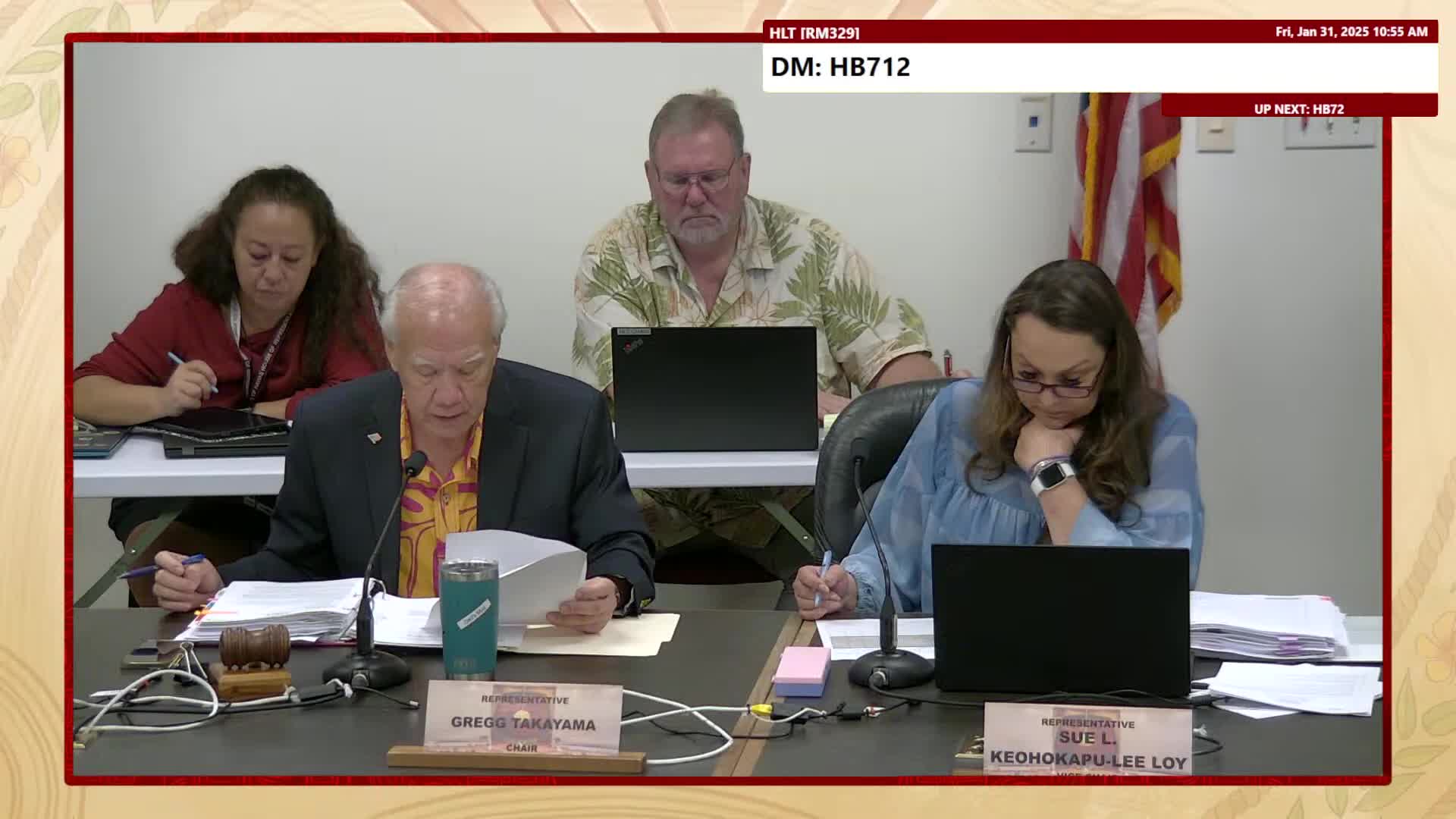
Committee approves flavor ban but keeps local preemption; AG and public health groups propose technical definitions
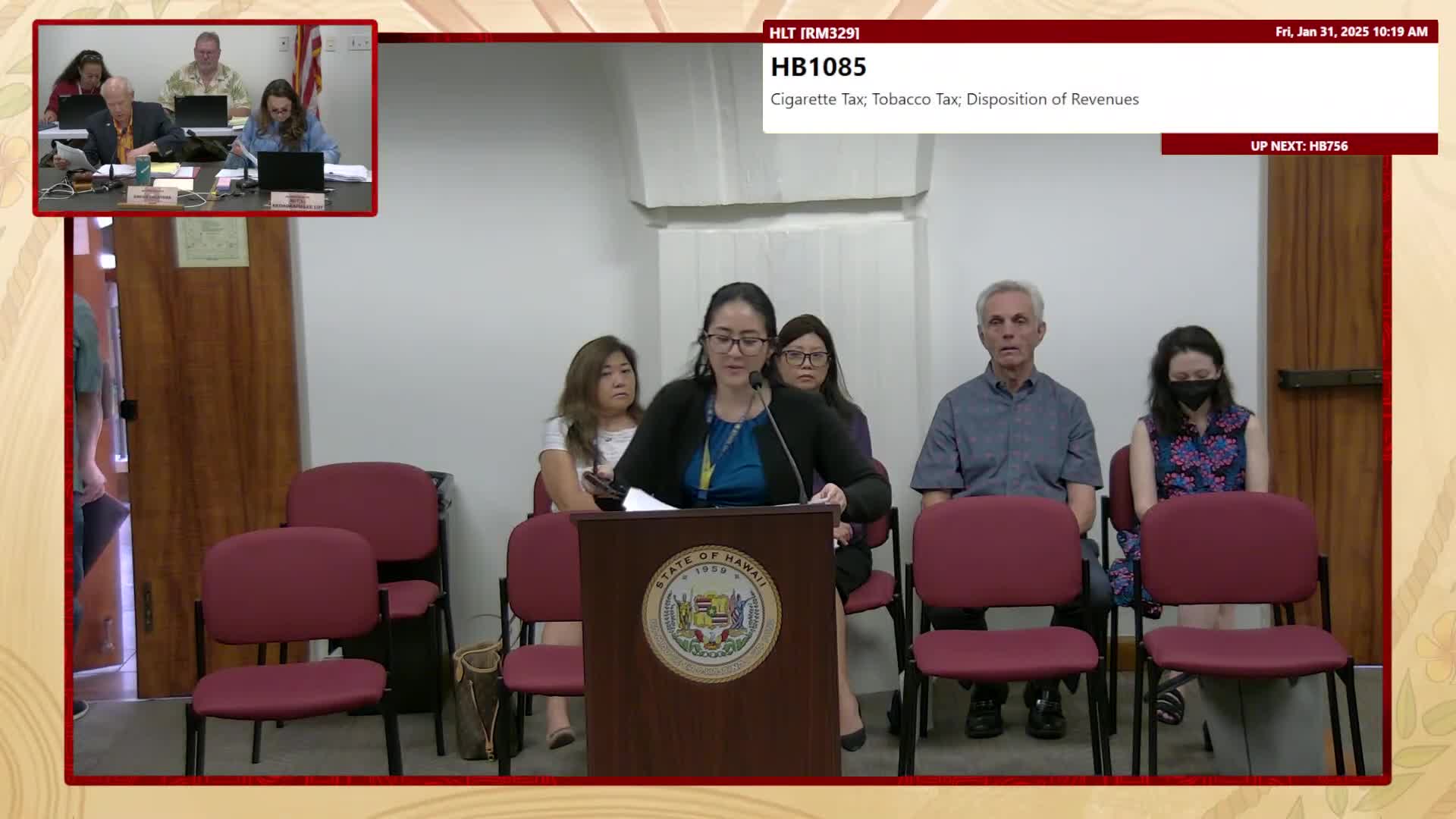
Committee advances bill to expand tobacco tax base and dedicate revenue to cancer and prevention programs
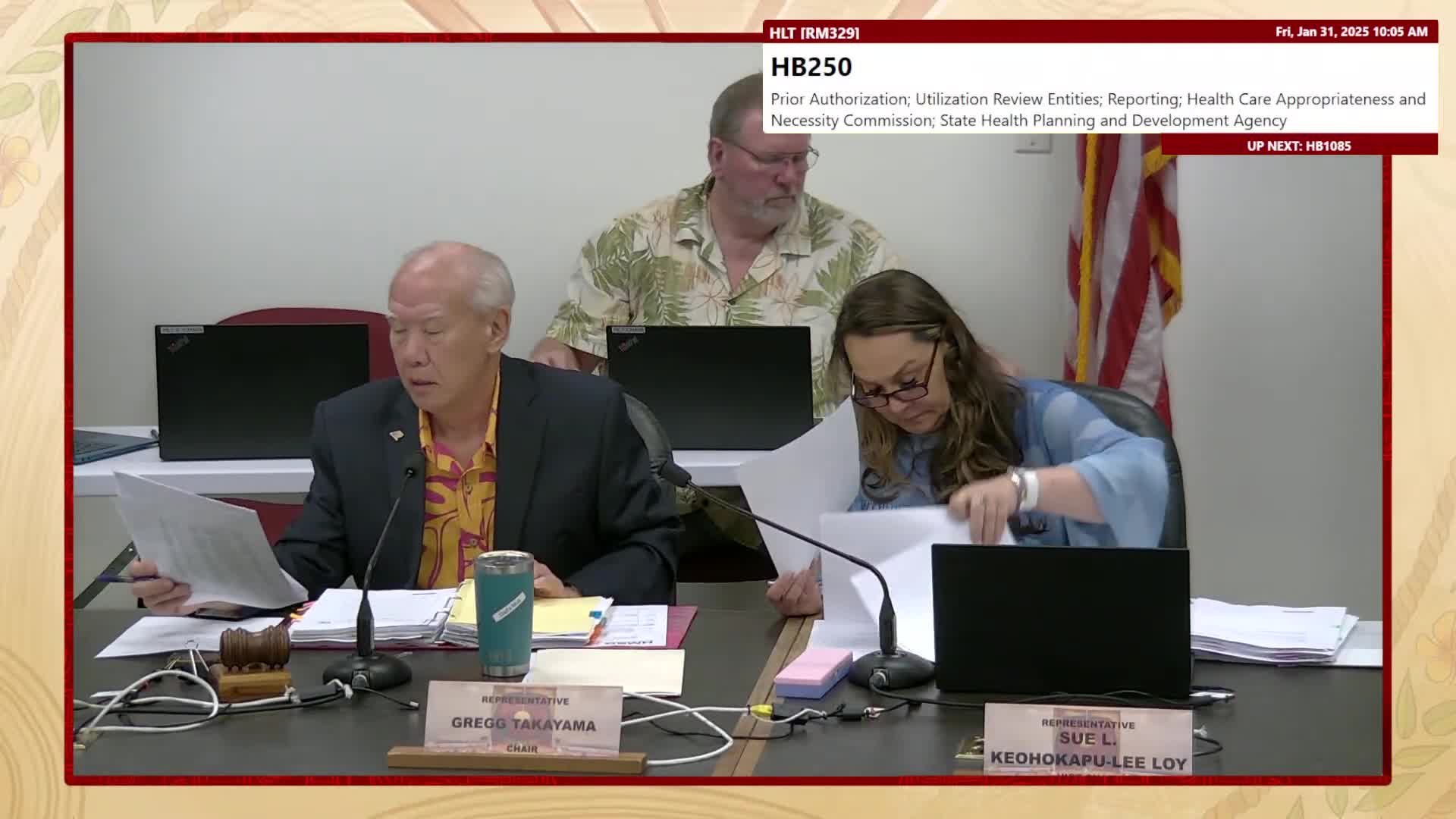
House committee advances bill to speed prior‑authorization decisions and create working group
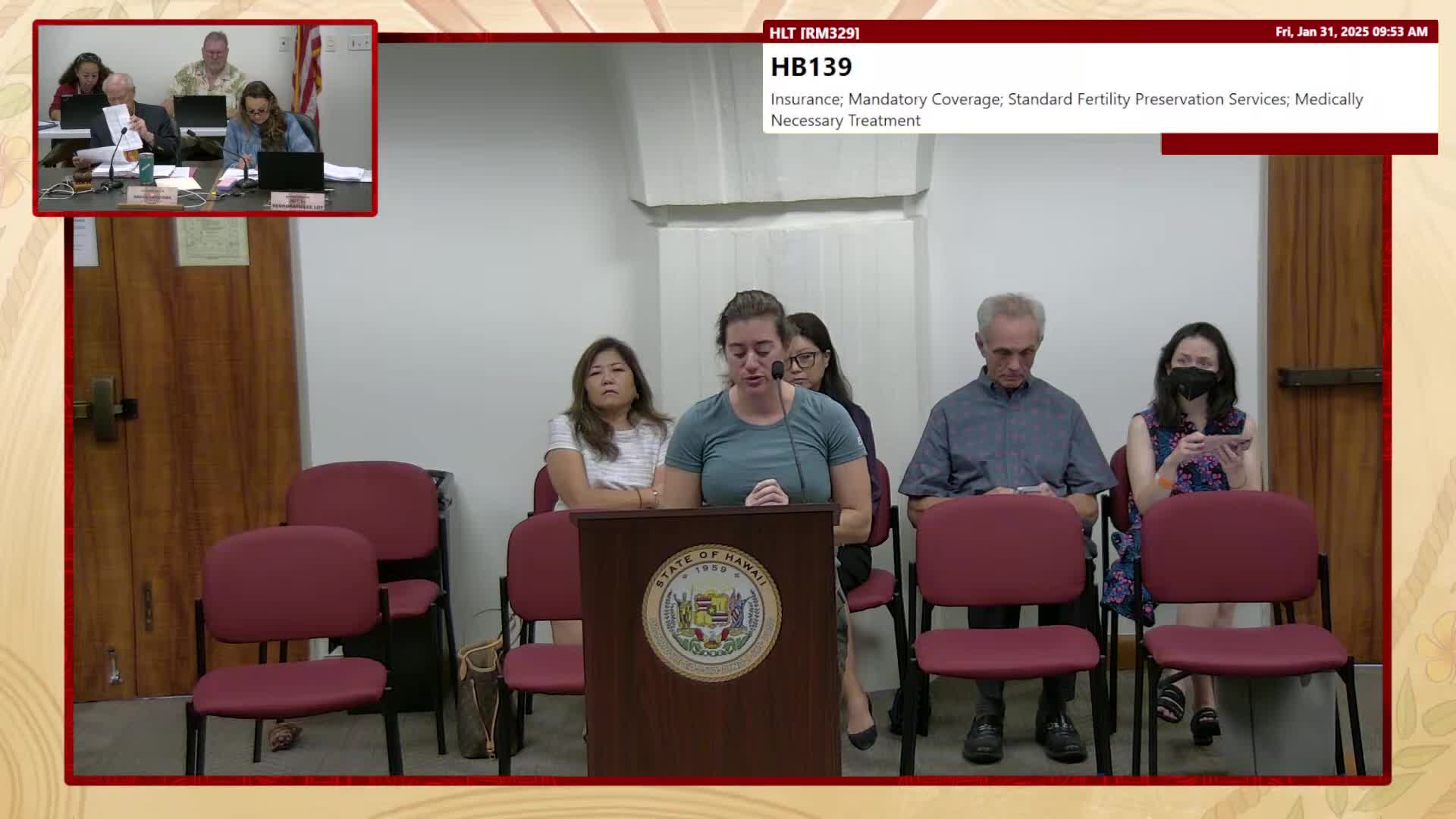
Contentious testimony on HB612; chair defers bill after medical and advocacy witnesses clash
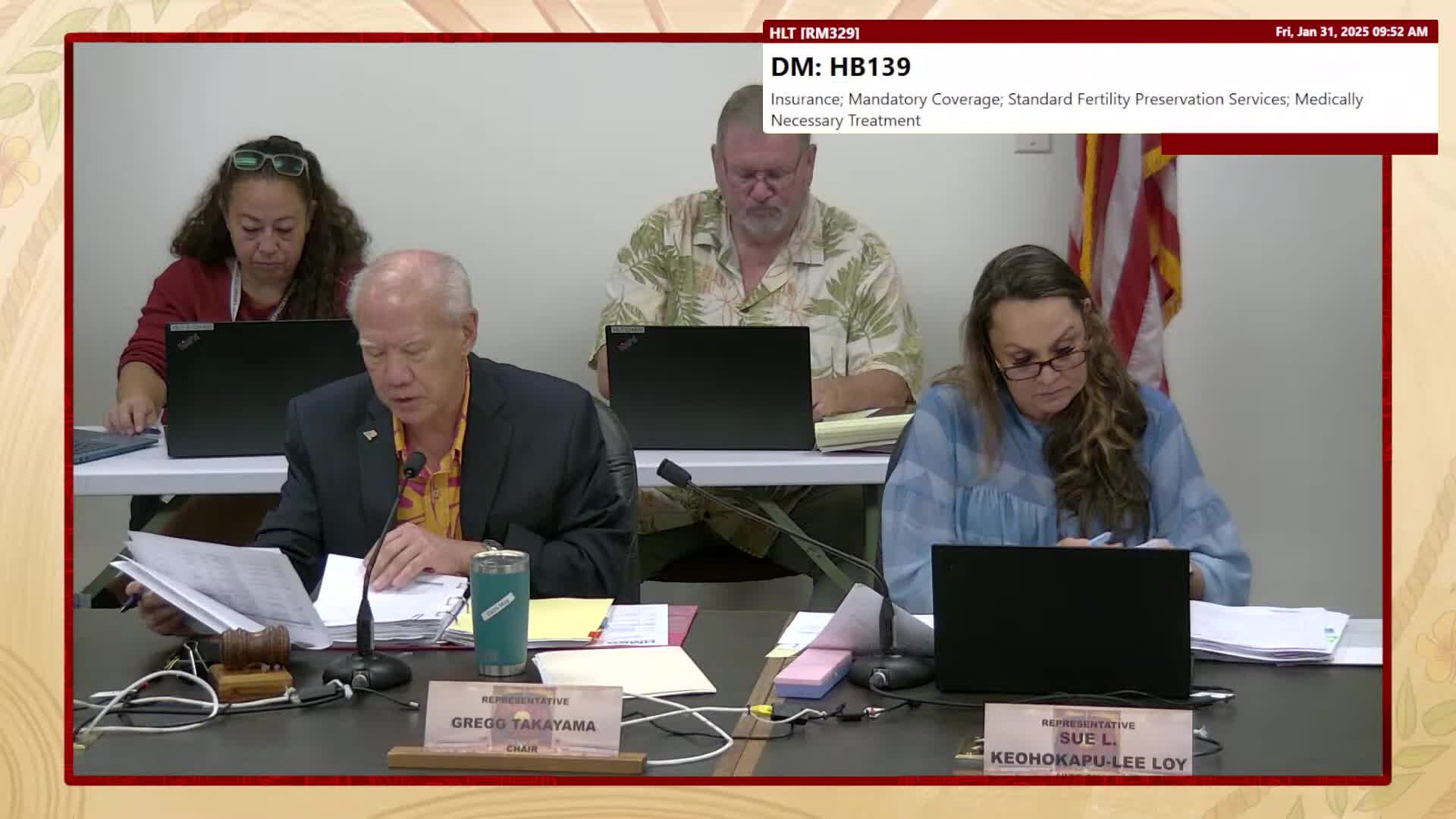
Patients, insurers and advocates back bill to require insurance coverage for fertility preservation
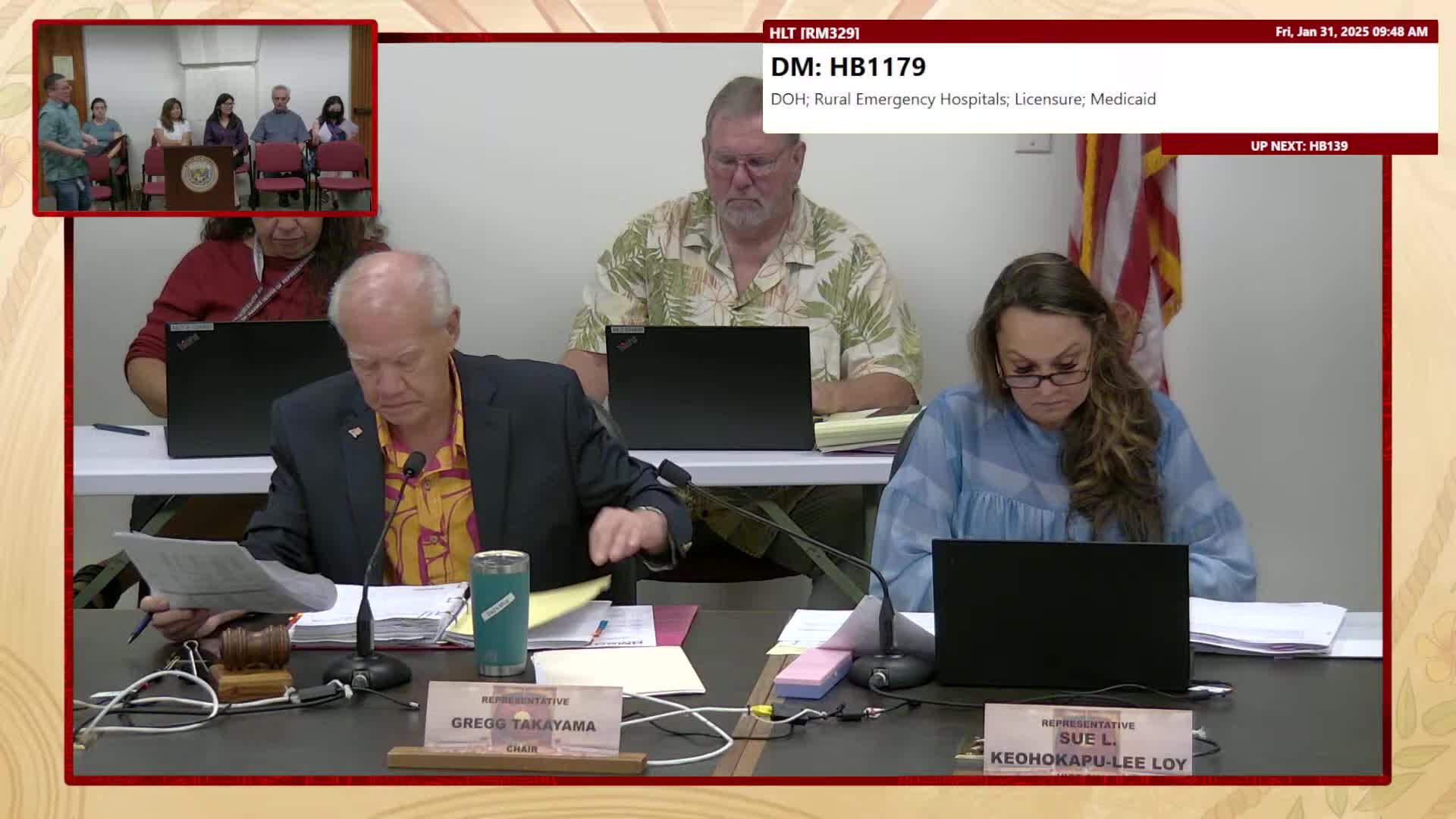
Bill to enable rural emergency hospital designations advances; agencies ask for technical clarifications
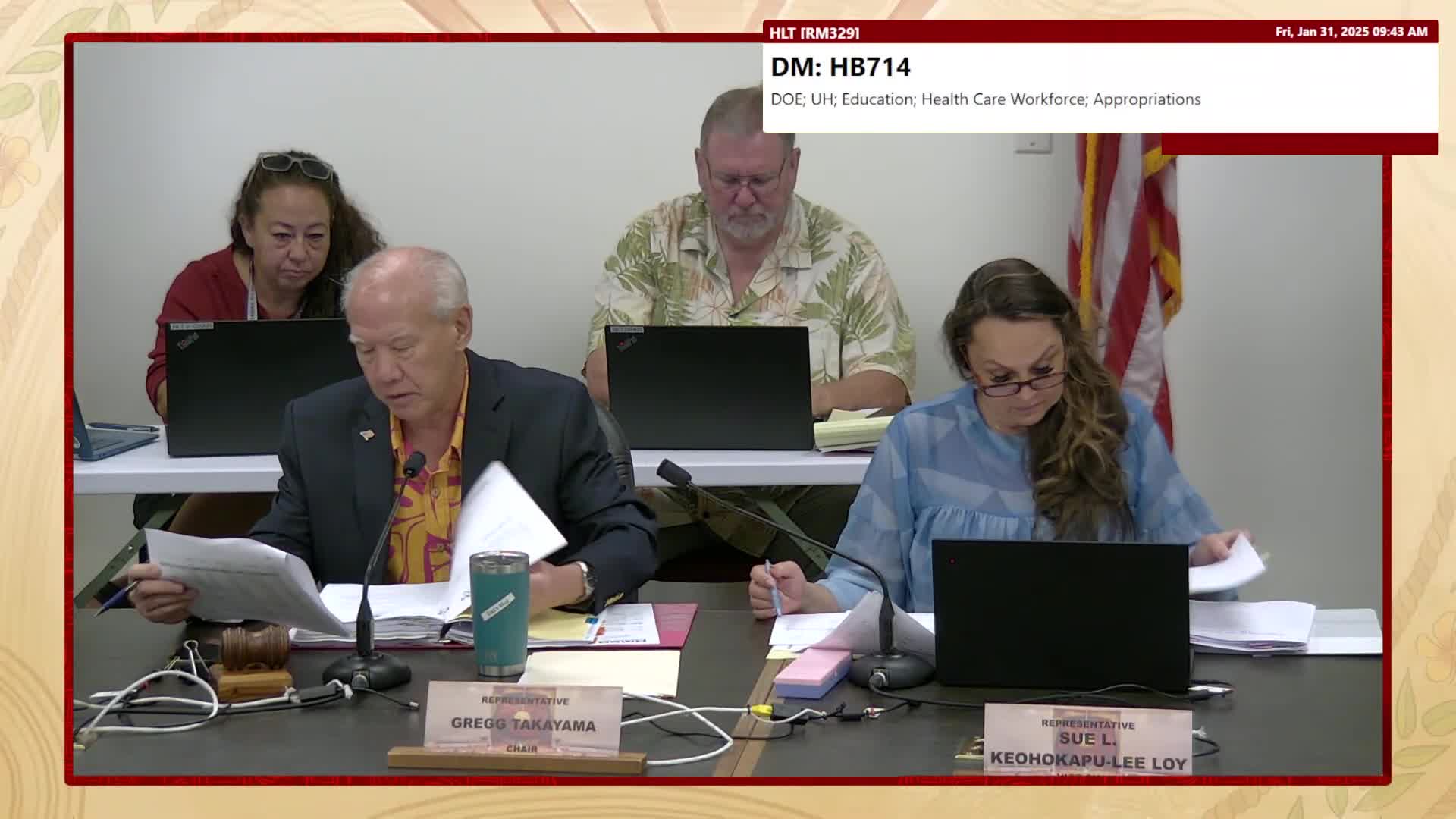
Committees back funding to expand high school and CNA-to-LPN training pathways
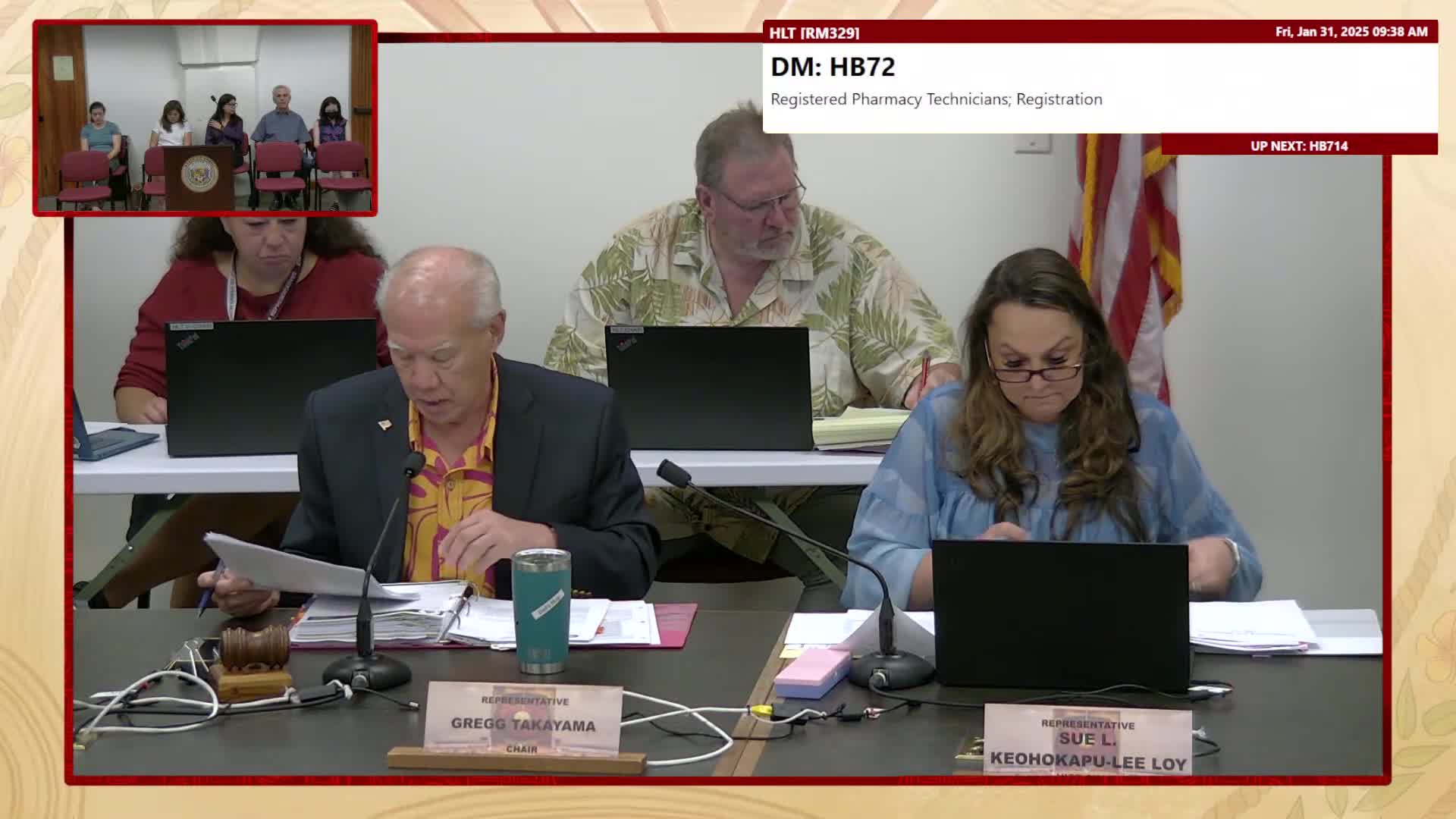
Lawmakers back registration for pharmacy technicians, with scope clarifications
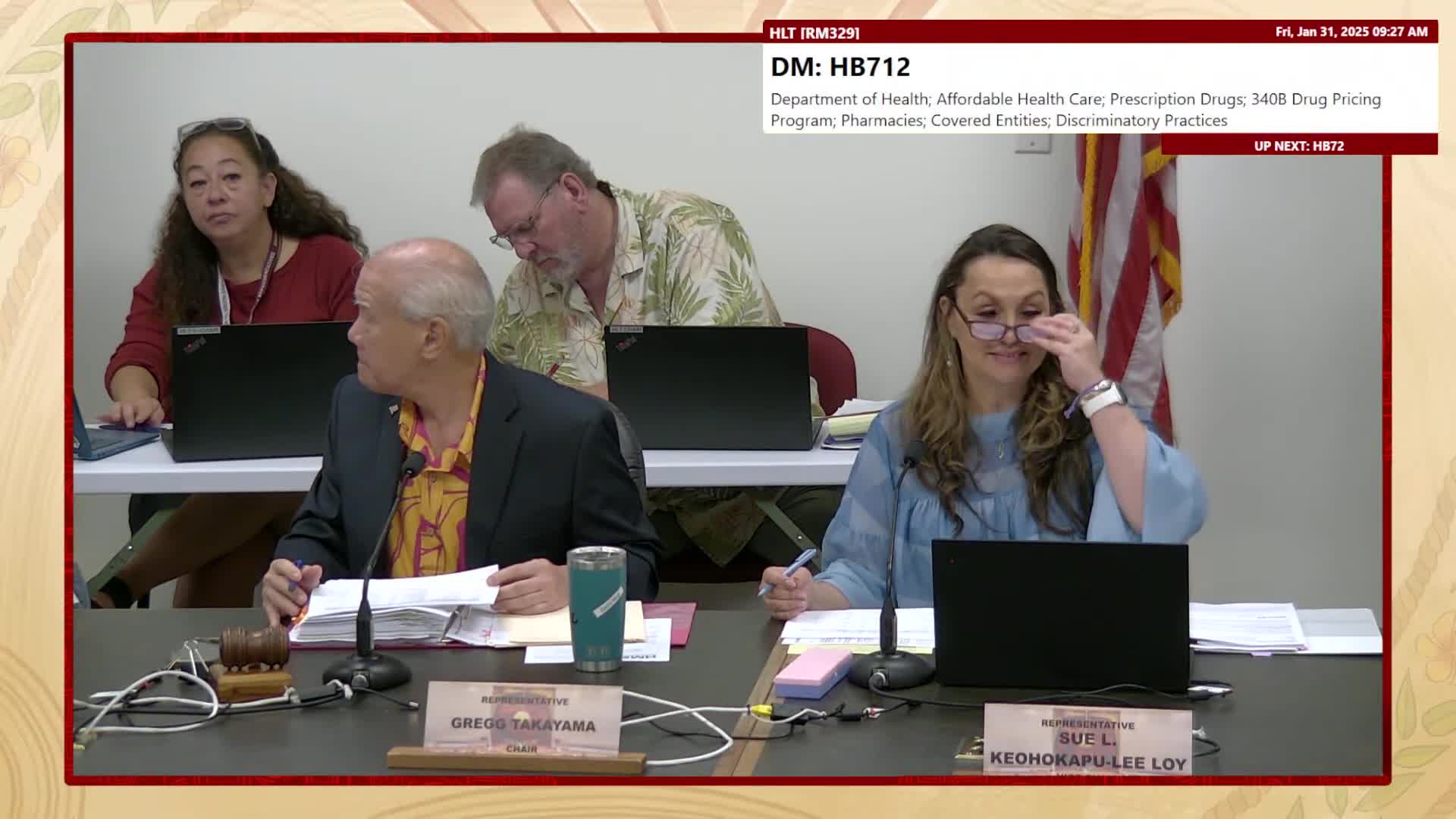
Hospitals, health centers urge lawmakers to limit manufacturer restrictions on 340B contract pharmacies
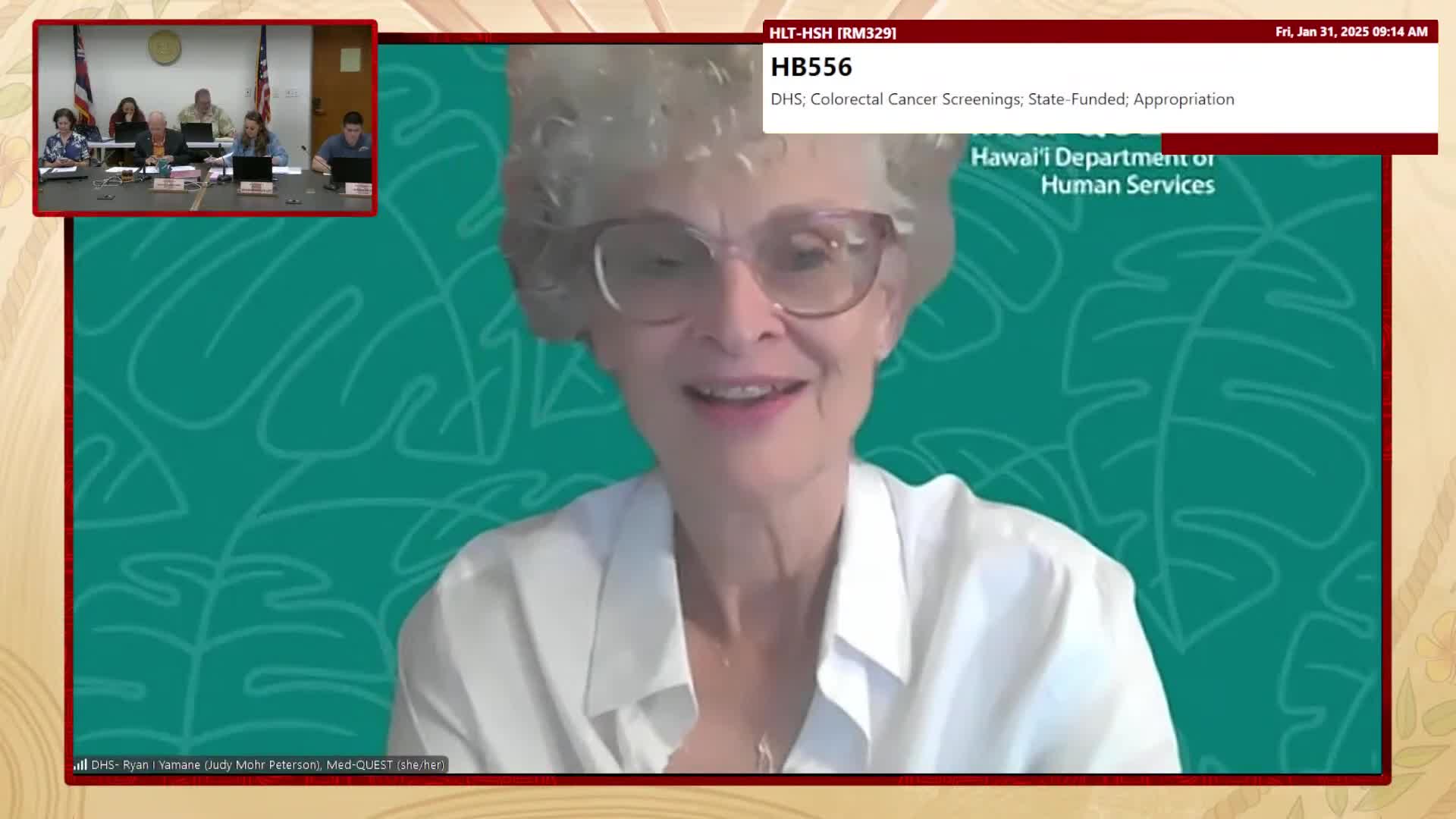
Committees advance bill to fund colorectal screening access for uninsured
